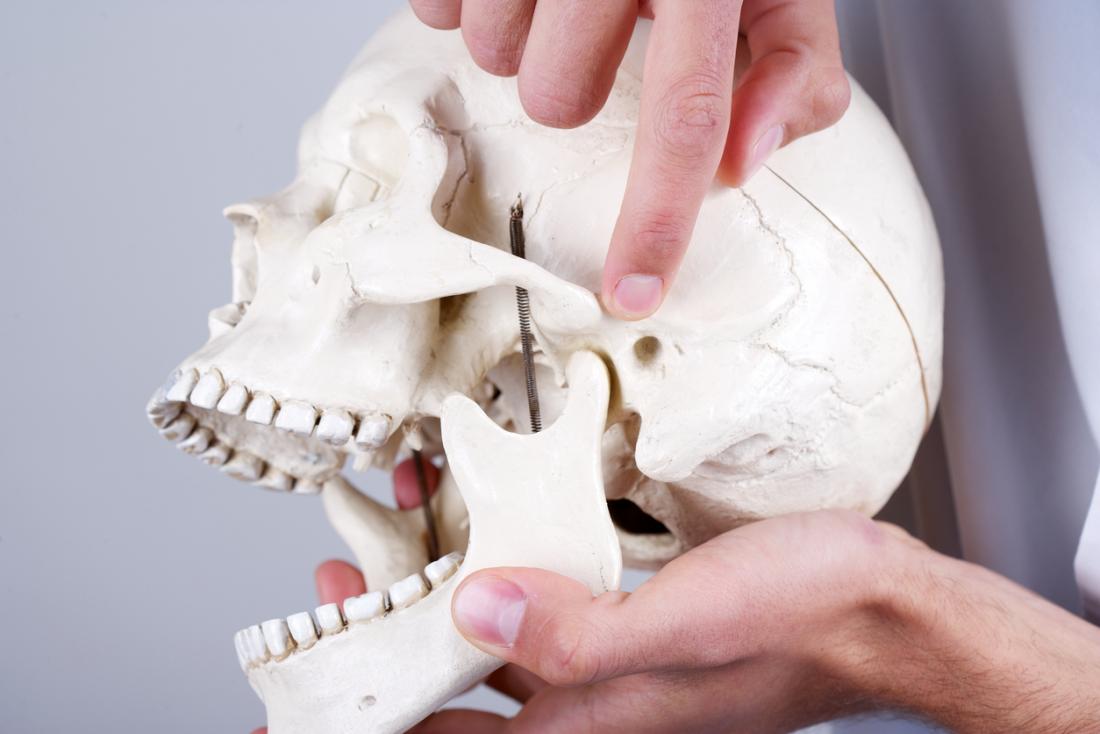The temporomandibular joint (TMJ) is a hinged joint that connects your skull and jaw. On either side of your face, directly in front of your ears, is a TMJ. The TMJ allows jaw movement but is often susceptible to injury and damage. Millions of Americans suffer from TMJ disorder annually, but most of these cases go undiagnosed during the early stages. As such, it is important to understand the warning signs of Santa Monica TMJ, to obtain the necessary care when the condition is most treatable. Continue reading to learn more.
- Discomfort In The Jaw And Adjacent Regions
The most prevalent symptom of TMJ disorder is discomfort in the jaw and neighboring areas. The jaw is damaged because the temporomandibular joint acts as a sliding hinge, connecting the jaw to the remainder of the skull. Once the sliding joint is not functioning correctly, discomfort and dysfunction result. Some folks report experiencing discomfort rather than severe sensations. Nevertheless, either symptom is serious and must be evaluated immediately by a TMJ specialist.
Besides the discomfort or pain in the jaw, the surrounding areas could also be affected. Patients might feel pressure across the neck, face, and upper back.
- Discomfort During Chewing or Speech
The presence of pain or discomfort during chewing is another alarming indicator of TMJ disorder. Diet is an essential component of everyday life. For this reason, the mouth must operate efficiently. If there is discomfort or pain while chewing food, or simply when opening your mouth to speak, you should see a TMJ specialist.
- Jaw Locking or Clicking
Numerous people consider jaw-popping harmless. Most people compare it to cracking their knuckles, but it is not.
Indeed, jaw clicking and popping are comparable to shoulder dislocation. The popping results from a misaligned cushioning disc in the jaw joint. Once the jaw reaches a particular point, it repositions itself, resulting in the clicking or popping sound.
Once the disc is misaligned, the bones might grind together, causing damage to the ligament that should maintain the disc in position. This condition results in ligament damage and swelling, which could be uncomfortable and may prevent the disc from slipping again later.
- Sore, Cracked, or Chipped Teeth
You may believe that tooth discomfort after eating hard meals is normal. However, there are no foods that should cause toothache. Some individuals get aching teeth if they clench because of stress, which is often not a good sign. If you regularly wake up with sore teeth, this is probably a typical indication of TMJ disorder, and/or sleep apnea.
- Ear Pain
When a TMJ problem exists, ear discomfort can occur, which may come as a surprise. The temporomandibular joint is placed close to the auditory canal, which feeds the ears. Once the joint malfunctions, the outcome could be discomfort in the ears. Furthermore, the ears are greatly affected if TMJ disorder results from a blow or injury to your jaw. TMJ dentists observe that discomfort and pressure are prevalent symptoms.
TMJ issues can lead to discomfort and restricted jaw movement. Early detection of TMJ issues and treatment by a dentist may prevent serious suffering. If you have any of the following symptoms, you must discuss the likelihood of a TMJ condition with your dentist. When treated early, conservative therapies like mouthguards, medications, and physical therapy can help. However, if you overlook these symptoms, you will probably require more intrusive TMJ therapies like full mouth reconstruction. Talk to your dentist to explore your options.

